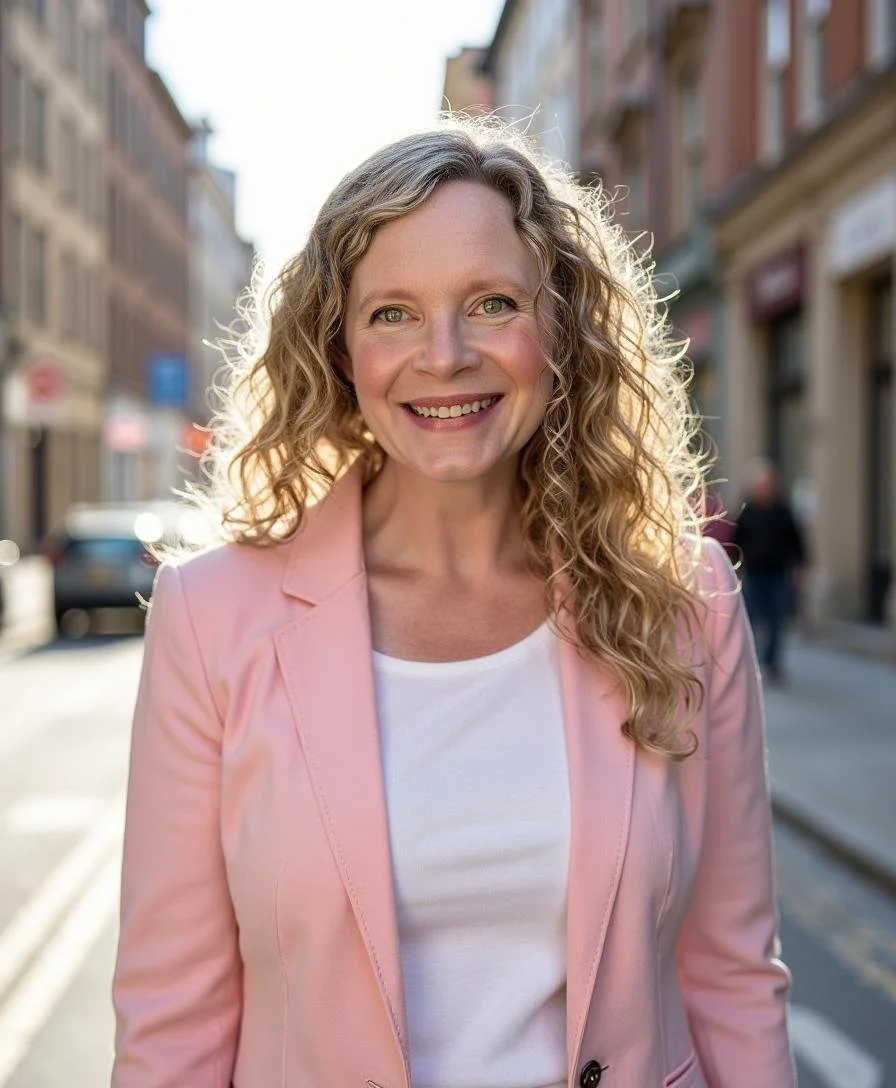Allison Fox, M.D.
I love science, and I always have. As a child, I wore an old white lab coat around the house and spent hours staring into my microscope. When it came time to choose a specialty, I was drawn to family medicine because I wanted to care for the whole person across the full spectrum of life. Specialists play an essential role in medicine by diving deep into their areas of expertise, but I was most inspired by the chance to connect the dots across all body systems. Family medicine welcomes all ages, backgrounds, and conditions, and for me, that breadth was energizing. Along the way, I even took courses in plant biology, ecology, and tide pool identification. Studying bacteria, plants, parasites, and medicine has always felt natural to me — I see them as part of the same story.
The human body contains as many, if not more, bacterial cells as it does human cells. Those bacteria change across our lifetime and have been linked to everything from cancer to immune disorders to neurological health. New discoveries about the microbiome are emerging at lightning speed, and suddenly it doesn’t seem strange at all to study bacteria, plants, parasites, and medicine together. Enter: functional medicine.
If family medicine was a natural fit, functional medicine is my heart’s calling. It allows me to look at every symptom and system on a cellular level to help uncover the root cause of illness. Medicine is evolving, and physicians must evolve with it. Traditional labs like the CBC and metabolic panel provide important baseline information, but they don’t always tell the whole story. Functional medicine builds on this foundation, layering in advanced testing and individualized assessment to help identify what might otherwise be missed.
With the ever-growing chronic disease crisis in this country, patients need time, empathy, and thorough evaluation — and functional medicine provides space for all of that. I listen carefully to each patient’s story and apply a wide breadth of knowledge to conditions that have often been difficult to manage. Most often there is an underlying reason why illness develops, and just as often there are clear, science-informed strategies to restore health.
I believe functional medicine represents the future of medicine, and I am deeply grateful to be part of this health revolution — alongside primary care providers and specialists alike. We are all working toward the same goal: to support patients in achieving their best possible health.
“If you always do what you’ve always done, you will always get what you’ve always got.”
Certified with the American Board of Family Medicine
Licensed in New York, New Jersey, and California
Clinical Instructor in Medicine, Weill Cornell Medical College, 2011–2017
Brown University Family Medicine Residency
Saint George’s University School of Medicine
University of New Hampshire (Women’s Studies, Pre-Med)


